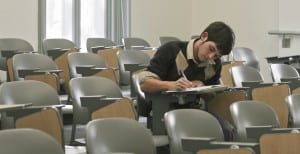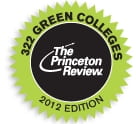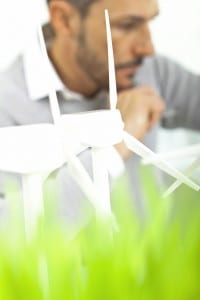
By Hunter Lovins, posted on TriplePundit.com, July 20, 2012
“The diverse crises that the planet faces will only be solved when companies and communities implement authentic and innovative sustainability practices. It is therefore encouraging that there are an increasing number of colleges and universities now including sustainability as part of their campus management programs and curriculum.
Are these programs effective enough to create the next generation of thought leaders our world needs? The answer is, ‘No. Not yet.’
A good start is underway, however. Pressure from companies, students, and ranking organizations is forcing colleges and universities to embrace sustainability.
The business community is demanding candidates with sustainability training. Accenture found that over 93 percent of CEO’s see sustainability as crucial to business success, with 88 percent stating it needs to be fully embedded into their strategy and operations.
Corporate social responsibility (CSR) reporting is increasing annually, creating job openings for graduates familiar with integrated reporting. Given that about 20 percent of CSR reports each year are submitted by companies reporting for the first time, recruiting candidates who are familiar with sustainability, or training existing employees is a top priority for these companies. Job candidates who hae a strong knowledge of sustainability are better positioned not only to fill current job openings, but help lead their companies into the future.
A 2010 study by McKinsey found, however, that many companies need education on how to go forward. Most executives surveyed considered sustainability important to the their future, agreeing that the management of environmental, social, and governance issues was ‘very’ or ‘extremely’ important in a wide range of areas, including new product development, reputation building, and overall corporate strategy. However, only 30 percent said that their companies actively sought opportunities to invest in sustainability or embed it in their business practices. Respondents admitted to a pervasive lack of understanding of what sustainability is and how to implement it. This educational gap, they stated, was inhibiting action.”
To read more about current action steps being taken at colleges and universities across the country (including UW-Green Bay) and the three problems identified as to where efforts are falling short, READ the rest of the article HERE.
Do you think UW-Green Bay is doing a good job of embedding sustainability into our campus culture?







